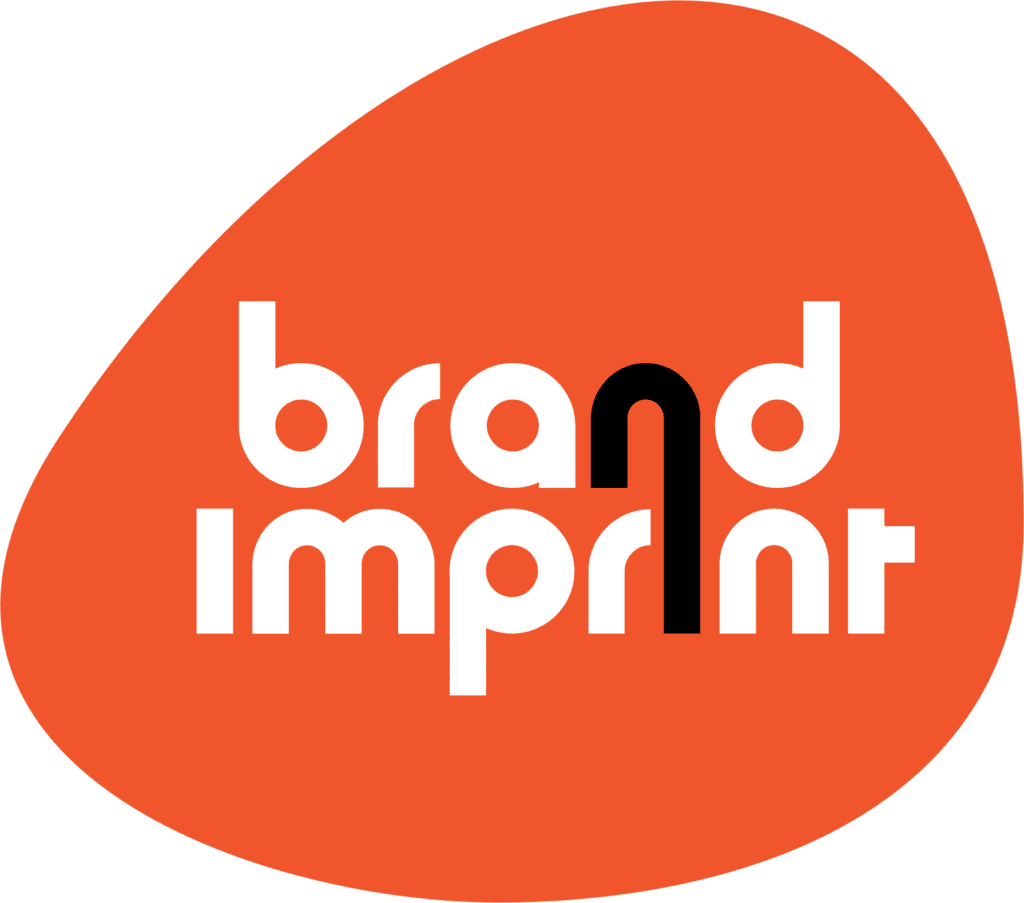If you’re well-acquainted with the SEO landscape, then you’ve probably come across the term “Search Intent.” The idea behind it is simple: To deliver the best to searchers and win clicks. You no longer can stuff keywords to rank higher. Google is getting wiser and wiser and doesn’t rank pages that people are not looking for. The search engine has prioritized Search Intent to make the user’s life more accessible. So, understanding the intentions behind the audience’s search query becomes essential. Therefore, in this article, we will break the concept piece by piece and discuss the different forms, ways to optimize user search intent, the importance of search intent in SEO. But first, let’s understand what is Search Intent in SEO.
Let’s roll.
In this article, you’ll read:
What is Search Intent?
Why is Search Intent essential in SEO?
Types of Search Intent
How to optimize for search Intent?
What is Search Intent in SEO?
Search Intent (also known as audience or user intent) is a way for you to understand the ultimate goal or purpose of a user’s search.
It is the why behind the person typing in a query in the search engine. In other words, why did the person search this? What are their intentions? Are they looking to buy it? Or are they seeking some information from it?
If a piece of content matches the user’s intent accurately, the person reading it can stop exploring their query. They can find everything they were looking for all on one page.
For instance,
let’s say you want to cook some gulab jamun (Indian sweet) for your guest. But your guest is leaving within 30 minutes.
So, you quickly head to Google and search for “Gulab Jamun recipes within 15 minutes”.

The top two results look good to you, and you click on them.
But, soon, you realize that the entire process would take not less than an hour.
You quickly come to the search result page to find some other quick recipe.
You click the fourth one, and this time, you strike gold.
This result is a recipe you can easily prepare within 15 minutes. This was what you were looking for.
This result will get a ranking boost significantly if people search with the same intent.
Why is Search Intent essential in SEO?
A person typing in a search engine has a query or topic in mind. Their purpose is to find answers to their question or information on a topic.
Previously, companies ranked by integrating keywords into a campaign without really focussing on the quality of information on the page.
However, if you want to rank in Google in 2021, you must create content that aligns with search intent.
Google recently added its Quality Rater Guidelines, which clarify how important it is for a page to satisfy search intent to boost its rankings.
Now, let’s discuss three main reasons why you must consider search intent while creating content-
Satisfy the audience’s needs and build credibility :
When you match search intent, you help them get the information that they are looking for. Let’s suppose a person is searching for “comfortable loungewear within Rs.500 “. If you are a clothing brand entrepreneur, this would be an excellent opportunity to create content targeting these audiences.
However, if your content focuses on types of loungewear, that doesn’t match their search query. The user intent here is to purchase comfortable loungewear within Rs. 500, and not to find information on the types of loungewear.
Thus, when you understand the intention of the searcher, you fulfill their needs. You’ll obtain more relevant traffic to your page, which will eventually help improve the SEO ranking.
Earn more relevant leads :
When you give thorough quality information on your page that answers all their queries. They no longer need to scroll through other websites seeking information. They stay on your page and engage with your content.
Not only does it boost your rankings, but it also lets you earn relevant leads that are covert for your business.
Builds trust and authority :
Understanding the user’s search intent and creating content accordingly will eventually help build authority for your business. Building your business as an authority means that more people are likely to visit your page. Answering your audience’s query with relevant information builds a sense of trust among the audience.
Thus, building authority and trust drive more traffic to your site, which improves your SEO ranking.
Four types of Search Intent
Now that you know what is Search Intent in SEO and why it is crucial for SEO, let’s now move onto four main types of Search Intent –
Navigational :
The user is searching for a specific website or page. Such searchers already know where they want to go. They find it easier to Google the branded keyword than typing the entire URL into the address bar.
For example –
Instagram Login
Hootsuite guide to social media image sizing
Google Keyword Planner
Beginner’s guide to SEO, Ahrefs
Informational :
The searcher is seeking information about a specific subject or topic. These queries will generally include “where-is,” “who is,” “what is,” “how is,” “how to do,” “when is,” “how-to,” and other interrogatives.
However, not all informational searches are framed as questions.
For example :
How to build an e-commerce website?
Which is the largest country in the world?
Directions to prayagraj
Who is Natalie Portman?
Windows 11 update
Transactional :
The searcher here is ready to make a purchase. Transactional searches can include the product’s brand name, such as “Nush office Indian wear under Rs. 1000.
However, it could be an email signup, lead generation form submission, store visit, or a phone call.
For example :
“Buy iPhone 13.”
“Amazon Coupon”
“Puma running shoes under Rs. 10000”
“Beyonce music concert booking”
Commercial :
The searcher starts their commercial investigation before making a purchase. They are most likely looking for reviews and comparisons.
For example :
Semrush vs. Ubersuggest
Pinkvilla movie reviews
iPhone 12 or iPhone 13
Best protein powder
Salon near me
Optimize for User Search Intent in 3 steps
Check out these steps if you are all set to optimize for audience search intent –
Start mapping for search intent :
At first, prepare a list of keywords to understand how and where those target keywords will fit your marketing strategy. Create categories for keywords (market segment, customer-defining, branded, competitor, geo-targeted), search intent type (as mentioned above), the search volume, and the keyword value. Doing this will help you understand the intent better.
Next, conduct thorough keyword research. Fill out the information in the chart as you find the probable keyword. This will help you focus on the search intent for the particular keyword and match the searcher’s query.
Analyze the SERP :
To match the Search Intent better, you must consider looking into the SERP for the specific keyword you want to rank for. Running your target keyword in the Google search engine will enable you to see the other results that Google pulls up. Consider using the private or incognito mode and clearing up your cache to extract unbiased data.
By going through the SERPs, you can see why some pages are ranked on the first page. Also, you can analyze the type of information that has been inserted into the content.
The best thing you can do is take notes of that information and think of some creative way to place them in a more better manner.
Review your existing content :
Your existing content must match the user’s search intent. So, you must evaluate your existing content, too, if you have already created content.
At first, extract keywords from the page and search them on Google. Analyze the top-ranking pages, how they placed their ideas, their type of content, and ways to create something even better.
Moreover, your content must also align with the three ‘Cs.’
- Content-type
- Content format
- Content angle
If your content doesn’t align with the chosen keywords, you’ll want to select new ones to appear in more relevant search results.
Final Thoughts
It would be best if you don’t overlook Search Intent to reap the benefits of your SEO efforts. To stay for the long-term, make it your mission to give searchers what they want.
Google will undoubtedly reward you for doing so. It will drive organic traffic to your website and lead to maximum conversions.
Also, it’s pretty evident from Google’s mission statement that knowing only the target keyword isn’t just enough. Their goal is to organize the information and make it universally accessible and helpful.
Looking for SEO-related services to scale up your business? Contact us at Brand Imprint. We are one of the top-rated Digital Marketing agencies in Guwahati. We will assist you in your journey towards achieving the ultimate success.
If you liked this blog, you may also like some of our latest blogs. Click to read.
Learn Local search engine optimization in 5 minutes – Brand Imprint
Top SEO tools you must consider using it in 2021 – Brand Imprint
How to add Instagram link sticker on the story | Brand Imprint

